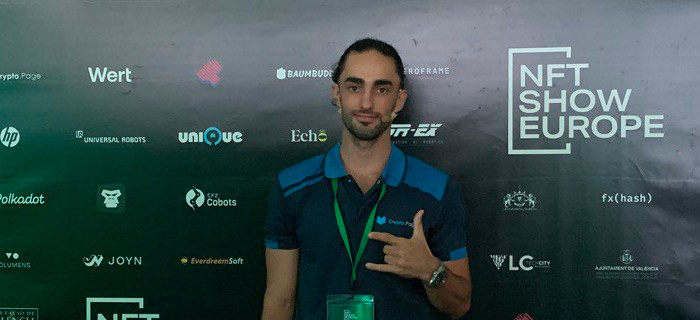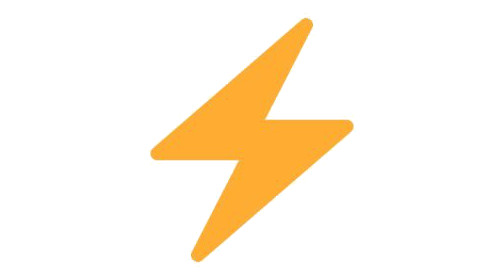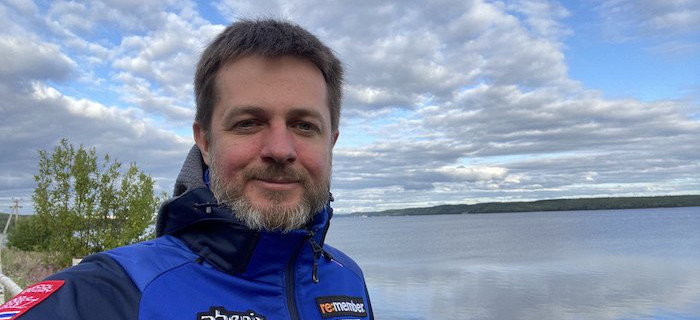Could you tell us more about yourself, your career and how you ended up in the crypto world?
I am currently product manager and marketing consultant at Crypto.Page. The first time I got acquainted with crypto was in 2017 when everyone was talking about it. I decided to invest but eventually lost all my money.
At the same time, I was working as content manager for different YouTube, TikTok, and Instagram bloggers. Nevertheless, I was still interested in crypto and followed what was happening in the sector. Furthermore, on YouTube or other social networks I felt a bit censored as if I could not completely express myself. Half a year ago, I met with the Team of Crypto.Page and they invited me to join. There, I found the un-censorship I was looking for.
You work at Crypto.Page, which is one of the first crypto social media, could you tell us more about the organisation?
Crypto.Page is a web free social network, an uncensored, cross chain platform. Right now, we are looking especially for crypto creators who can easily monetize with us. Besides traditional ways of NFT monetisation like buying or selling, creators can also earn from people’s reactions or donations.
Furthermore, we are also working on creating a community within Crypto.Page where creators can share their creations in a completely decentralised, uncensored space.
Crypto.Page is 100% anonymous, does it mean you do not have to perform KYC?
Concerning KYC, actually users can choose what they prefer. As the platform is owned by its users, they are free to decide what type of user they want to be, verified or anonymous. Users can either log-in with their decentralised wallet and have the same service as verified users. On the other hand, if someone, an important blogger for instance, wants to be recognised, he or she can decide to verify.
In the future, users will have the opportunity to vote on everything, like on distribution of assets, earnings, and so on. This will provide users with the opportunity to change the platform from the inside.
What is in your opinion the most relevant challenge that crypto companies need to face today and how would it be possible to help them?
The crypto world is something quite new. Therefore, it is a bit of a mess with many projects and only the strongest one will survive. Furthermore, right now we are in a bear market, so for the majority of the projects it is actually a very hard time.
Even in the hardest time, the most important thing is to share your ideas with people. This will increase the probability of acquiring more “common users” in the future. We do this by showing possible users the services we are currently offering and the way we want to protect their data.
In the end, our main challenge probably would be this: to show that decentralised web 3 technology is much better for personal digital property.
The crypto market is being more and more regulated. If you could give regulators one piece of advice, what would it be?
I would not dare to give advice to regulators. At Crypto.Page, we all know that we are going to meet regulations. The only question would be what kind of regulation will come. In our project, we are already at ease with regulations because we are already registered in Estonia. We meet all the existing requirements to operate.
Regulations will be developed to preserve people from being exploited, to make crypto a less dangerous investment. Therefore, regulation can have both positive and negative sides.
What is in your opinion the future of crypto and why should people be interested in this world?
So for the young ones, they should try to find the area that would fit them. Crypto is not just investing, buying and selling coins or NFTs. It is a big area where they can find many opportunities to work as an IT specialist, as an art designer, or as an exchanger for Fiat to crypto for instance. So if someone wants to enter the crypto world, they just have to keep trying, talking to the people in the sector, because the crypto community is actually really open-minded.
Concerning the future of crypto, I am not so fond of the idea of mass-adoption because this would cause quite some chaos I think. I think that in the future, crypto will surely be easier to use, a kind of space where you can find everything and create a lot of opportunities.


